SDS Virtual 3MT®
Three Minute Thesis (3MT®) is an academic competition developed by The University of Queensland (UQ), Australia.
3MT® challenges PhD students to explain the complexity and relevance of their research to a non-specialist audience in a concise and engaging way. Presenters have a maximum of three minutes to pitch their research and can only use one slide.
SDS established its PhD programme in partnership with the Scottish Graduate School of Social Science (SGSSS) to deepen links with the academic community and bring fresh thinking to skills policy and delivery in Scotland.
3MT® challenges PhD students to explain the complexity and relevance of their research to a non-specialist audience in a concise and engaging way. Presenters have a maximum of three minutes to pitch their research and can only use one slide.
Meet the judges and watch this year's students' 3MT® presentations below.
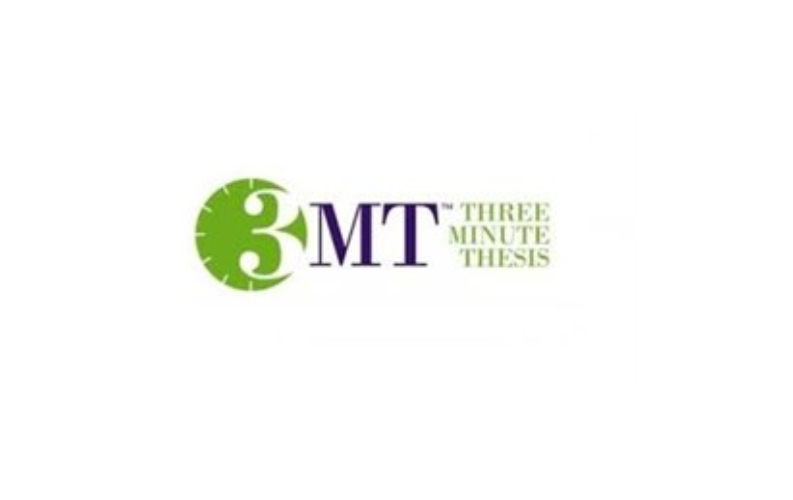
SDS PhD students
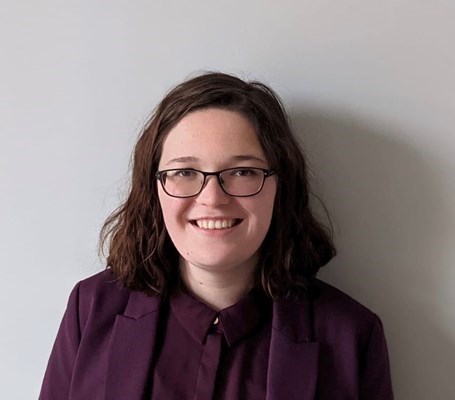
Anya Kaufman
University of Strathclyde
Where'd you pick that up? Meta-skills and the youth transition.
Meta-skills, which include skills that focus on self-management, social intelligence, and innovation, are an important tool for enhancing young people’s overall capacities to manage the challenges of life. During my PhD research I interviewed thirty 16-18 year-olds living in Clackmannanshire to investigate the opportunities and barriers they experienced in developing their meta-skills.
I found that while all the participants had opportunities to develop meta-skills, the young people who developed their meta-skills during caring responsibilities in the home were far less likely to recognise their own abilities. By providing external recognition of meta-skill development opportunities in the home, policymakers and other stakeholders could increase the chances of meta-skills being effective tool for agency.
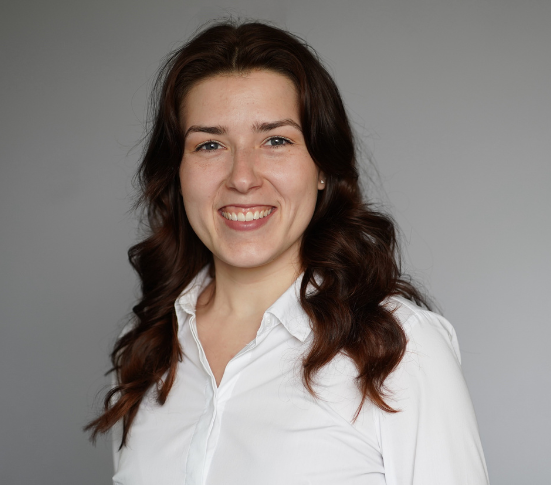
Kaja Horn
University of Edinburgh
What is the impact of a transition away from oil and gas towards renewables for future skills in Scotland and how can upskilling, reskilling and engaging new entrants enable a Just Transition?
In an ever-changing landscape of energy policies, the question of skills has remained a dominant barrier to the roll-out of our low-carbon technology. This project investigates the impacts of our energy transition on the energy skills landscape, with a particular focus on opportunities around utilising transferable skills and identifying opportunities for upskilling and reskilling of the fossil fuel workforce. Understanding the skills challenges stakeholders are facing and investigating ways in which our workforce’s training access can be improved, can help us identify where policy and investment can support the industry’s transition to Net Zero.
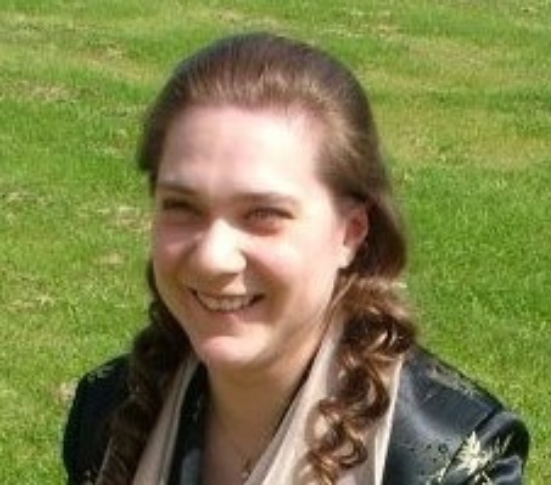
Maria Cecil
Edinburgh Napier University
Gendered information lanscapes and their impact on routes into and through apprenticeships.
The purpose of this interdisciplinary research project, which draws on theories from information science, psychology, and career development is to examine and understand the numerous sources of gender stereotyping which can influence young people’s (aged 15 to 24) choices around apprenticeships and work-based learning (WBL). Information landscapes can be defined as the spaces where people access, process, and utilise information in the contexts which are relevant to them e.g., their gender. This research project will use a mixed methods approach to gather data from current apprentices and has potential benefits for a number of key stakeholders in Scotland and internationally.
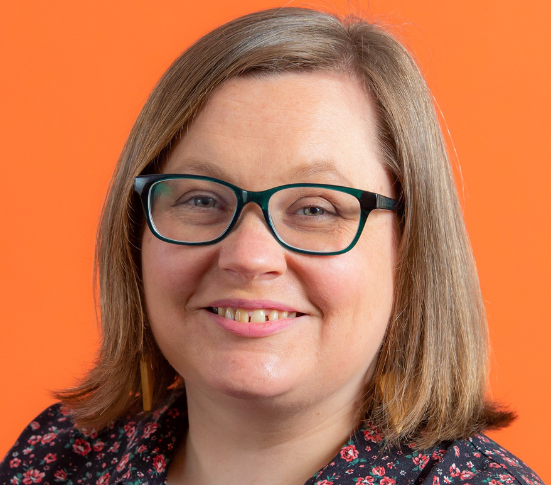
Marianne Wilson
Edinburgh Napier University
Natural Language Interfaces to Support Career Decision Making in Young People
This PhD explores how chatbots could be used to supplement career services for young people. This is a multi-disciplinary collaborative project incorporating understanding the career related tasks that a conversational agent could effectively support; the information required to provide this support; and designing the interaction to meet the needs of young people. A key focus will be understanding how the ethical standards of such a system could be upheld.
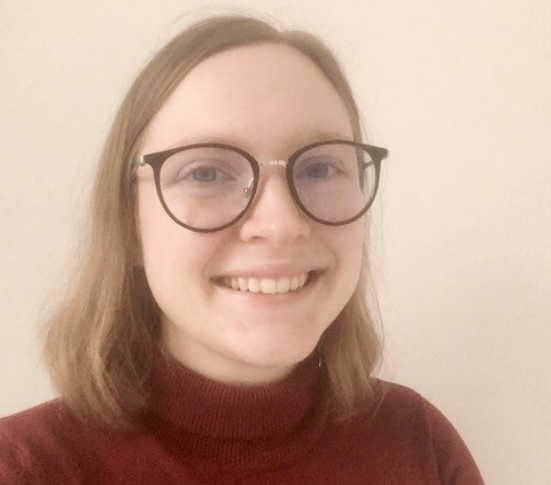
Hannah Glover (Masters student)
University of Edinburgh
Where to next? Post-school transitions and career decision-making among young people in Scotland.
My research is titled ‘Where to next? Post-school transitions and career decision-making among young people in Scotland – insights from the Growing Up in Scotland study’. I aim to contribute towards a better understanding of the context within which post-school transitions and career decisions are made, and what factors influence them. I will primarily draw upon Growing Up in Scotland (GUS) data, a nationally representative longitudinal cohort study, following the lives of about 5000 people born in Scotland in 2004/05. This is the richest quantitative dataset on careers advice, aspirations, and post-school transitions in Scotland, and has not yet been analysed
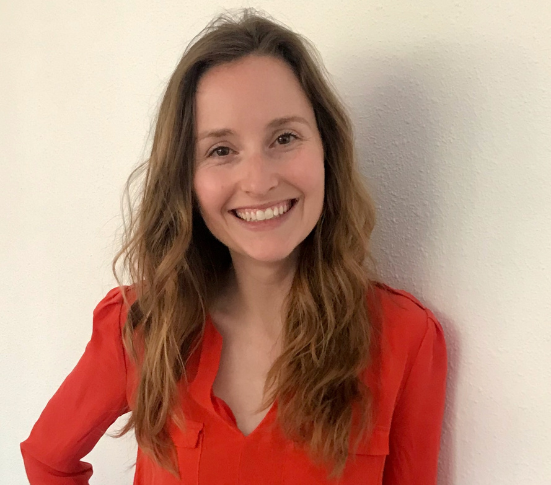
Grace Barrett
University of Glasgow
How am I going to use this in the real world?
Foundation Apprenticeship helps young people explore life beyond compulsory schooling. Students spend time in the classroom learning occupation-specific skills and the workplace putting knowledge into practice. While this skills-for-work model is promising, variation in outcomes is possible. My research compares the ideal to the real. First, I consider how FA is designed to work. Next, I evaluate how it actually works. I do this through mixed methods research, or analysing data alongside first-hand conversations with those involved. Through my work, I aim to understand how individuals use FA and highlight any variable effects associated with gender, socioeconomic background, or geography.

Louise MacAulay
University of Stirling
Exploring Labour Market Inequalities Experienced by Unpaid Carers and People with Disabilities
With recent political focus on increasing the percentage of people with disabilities and unpaid carers into work, this PhD has become important to current debate. The aim of this project is to explore two elements of labour market inequalities:
- Inequality entering and maintaining employment.
- Inequality between industry and occupational status.
Then analyse how each of these measures of employment inequality interact with disability, unpaid care and wellbeing. To achieve this, my PhD has used 3 administrative datasets, which covers the UK from 2012 to 2019.
Non-SDS PhD students:

Erin Bartley
University of Glasgow
What do you want to be when you grow up?
Adolescents are going through a period of neural restructuring that can impact decision making at a time when they are faced with challenging life decisions. This study utilises ‘story’ as a vehicle that allows for structured future thinking, as vividly imagining possible selves can positively impact motivation, action, identity development and goal setting. It is hoped that utilising story in adolescent career guidance will support executive function development, sense of self and career decision making at a time when these areas are forming. Enhanced career guidance in these areas therefore will help prepare our young people to fulfil their potential.
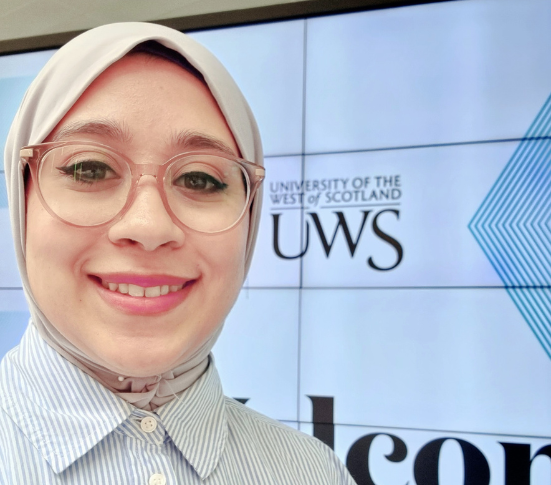
Amina Manal
University of West of Scotland
Returning home? Preparing for life back home after studying abroad.
My research topic, "Home and Away: The Lived Experiences of UK-based Algerian Doctoral Graduates on Returning Home to Algeria," seeks to provide insights into the experiences of marginalised voices of Algerian doctoral graduates who have returned to Algeria after sojourning in the UK. This study shed light on how these returning graduates make sense of their experiences both in social and professional life in Algeria. My research aims to assist students in returning home and overcoming job challenges. This involves providing practical work insights, career planning techniques, and using returnees' skills and knowledge to improve knowledge transfer.
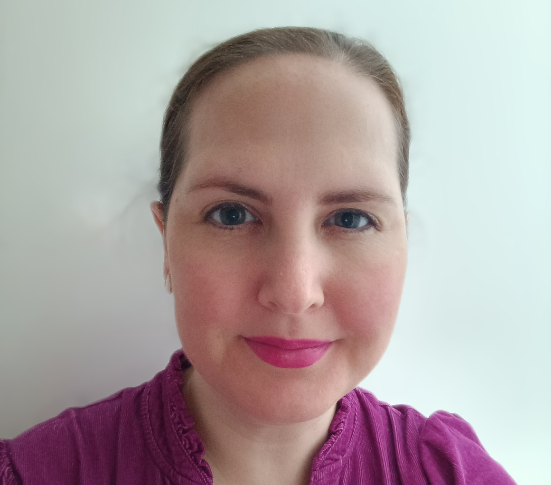
Rachel Allen
University of West of Scotland
Young Onset Dementia and Career Development.
My PhD research aims to explore the career experiences of women living with young-onset dementia. Career is understood to include paid work but also other important components, such as family and community roles, and life stage. Women living with dementia were interviewed online, using object elicitation to begin the interview conversation. Results were analysed using Reflexive Thematic Analysis, which includes the researcher as part of the research process. By understanding what enablers and barriers to career continuance are, we can develop policies and services to better meet needs, highlight gendered experiences of dementia and career, and challenge stigma.

Palika Vithana
Robert Gordon University
User-Centred Mobile Augmented Reality: Meeting
Academic Library Service Needs
The development process for Mobile Augmented Reality (MAR) applications in libraries
has predominantly focused on the instrumentalisation of technology, overlooking
user-centred considerations. Consequently, despite the promising potential of MAR
technology to make traditional library services more efficient and effective, the
implementation often lacks a user-centred approach. As a result, the applications
developed are likely to fall short of meeting user requirements. The study explores user
expectations, challenges and needs regarding MAR technology in academic libraries to
address this concern. The goal is to gain insights from users and potential users to
improve and develop MAR applications that prioritise user needs.

Calum MacGillivray
University of Dundee
Understanding the impact of primary-secondary school transitions on young people’s attainment over time.
The move from primary to secondary school is undertaken annually by a large number of children in Scotland. This comes with positive and negative experiences, which are associated with different characteristics.
While research has investigated the effect these experiences can have on academic outcomes, there is little recent research looking at the sustained effects over a longer period of time.
My research involves analysis of the longitudinal Growing Up in Scotland dataset to explore trajectories of transitions experiences and associated academic outcomes from before the move until the final year of high school, and how they differ by demographic characteristics.
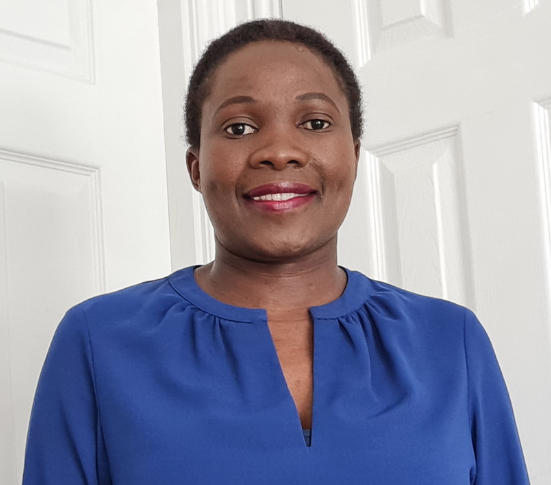
Velia Manyonga
University of Strathclyde
Exploring Young People’s Wellbeing: A Case Study of Malawian Adolescents
Adolescent wellbeing is often defined by adults, lacking young people’s perspectives. To achieve Sustainable Development Goals, interventions must reflect adolescents' lived experiences. Research on adolescent wellbeing has focused on developed countries, neglecting low- and middle-income countries (LMICs), a home to over half of the world's adolescents. This study explores Malawian adolescents' understanding of wellbeing among 10-14-year-olds. The study uses qualitative participatory methods (photovoice, focus groups, and in-depth interviews) to investigate young people's perspective of wellbeing, identify needed support to enhance wellbeing and generate data for informed policy-making and sustainable interventions